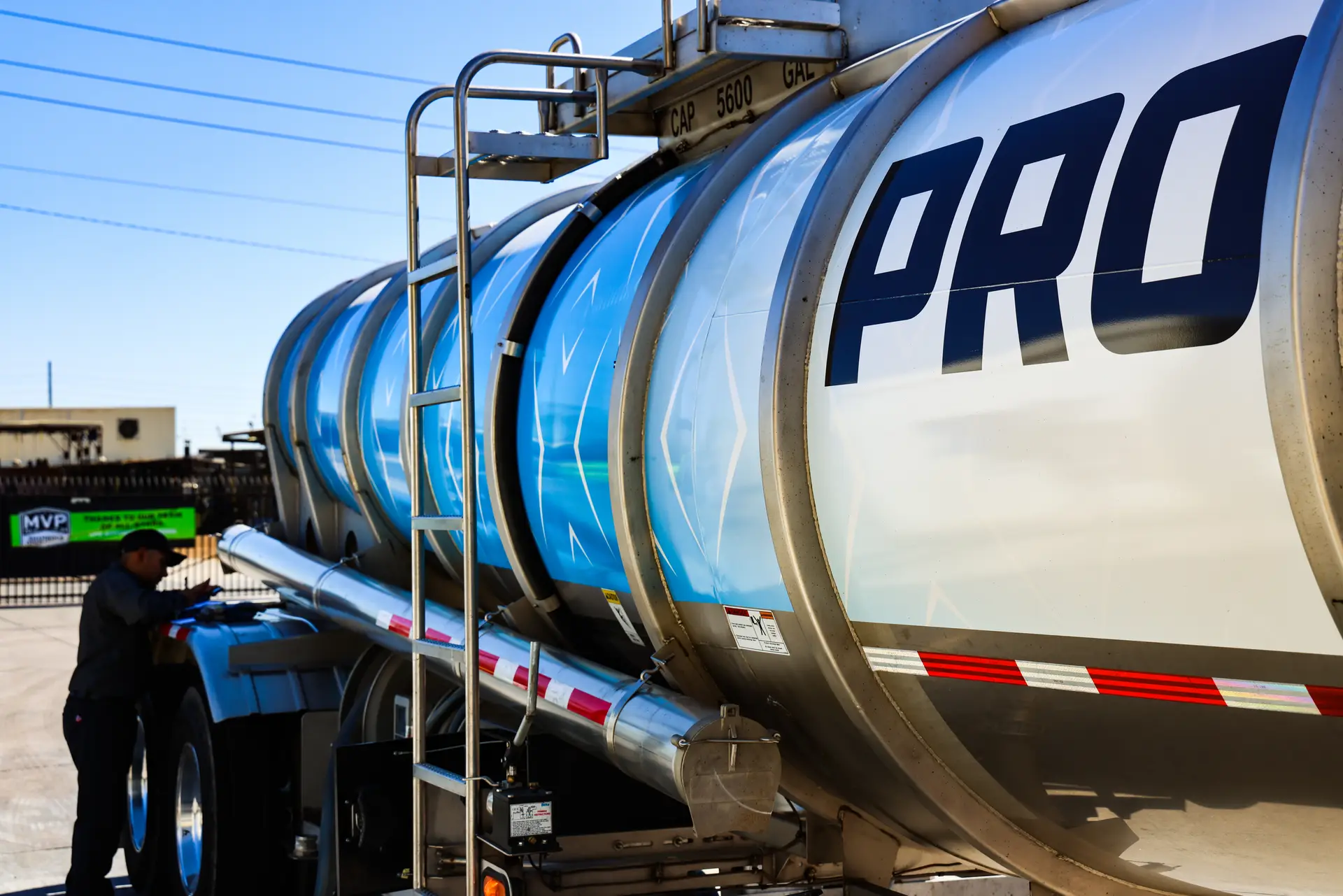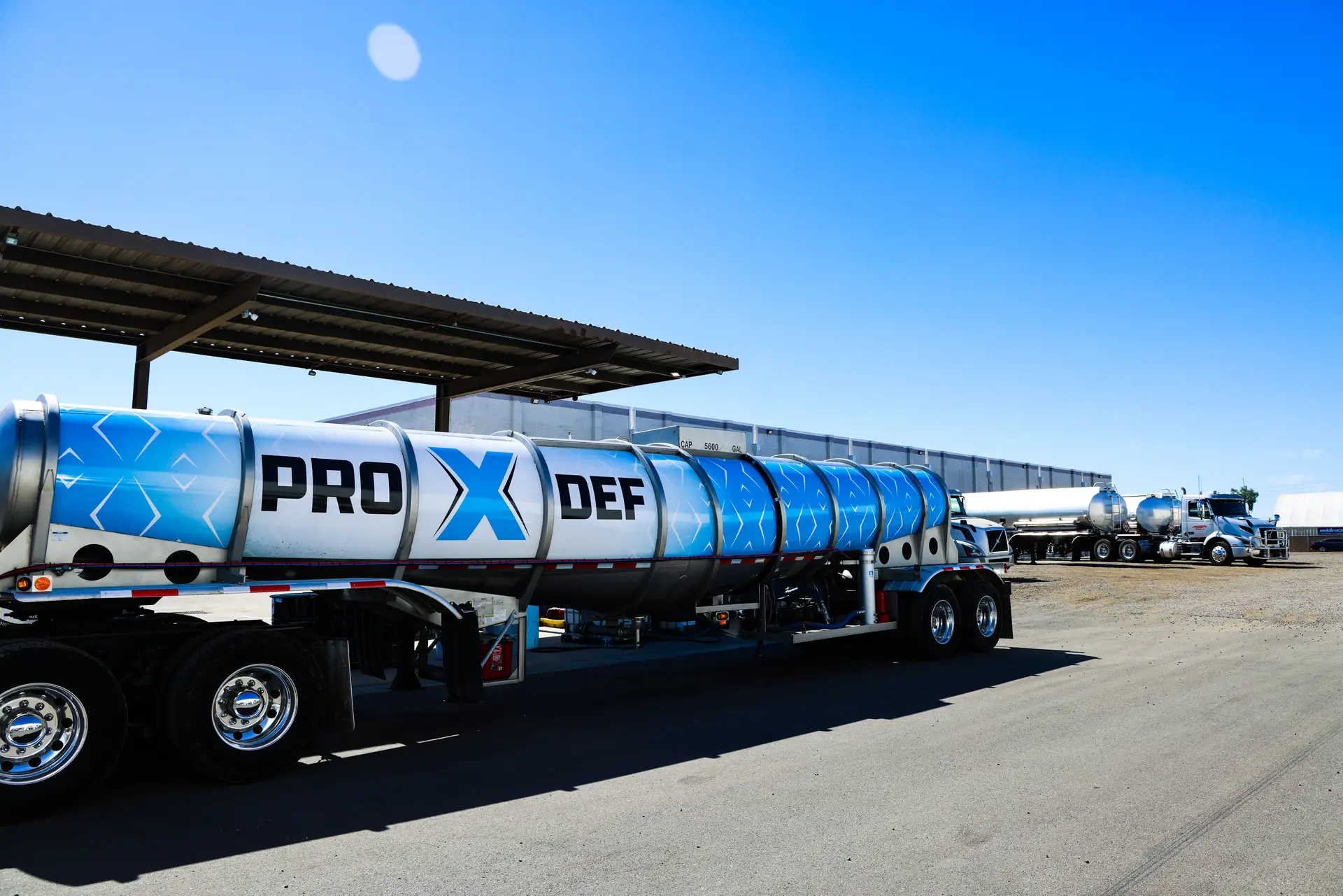DEF refers to Diesel Exhaust Fluid. When injected into the exhaust gas of a diesel engine, DEF is converted to ammonia. The ammonia is utilized to work on the nitrogen oxide gases in the catalytic converter and disassemble them into nitrogen and water vapor, both of which are neither toxic nor harmful to the environment. This prevents heavy equipment from having to compromise performance for emissions. In a world where emissions regulations are tightening tighter by the day, utilizing DEF is no longer a choice, it’s a necessity. Maybe most of all, it pays for itself by doing so specifically to protect our environment, to our benefit.
To begin with, the thing that people don’t understand is the fact that DEF doesn’t literally take a bite out of power or fuel efficiency but if not maintained, the emissions system will cause engine issues, such as lower power. That is why you can understand why you treat it seriously and handle it with the same respect you would give to fuel or oil





